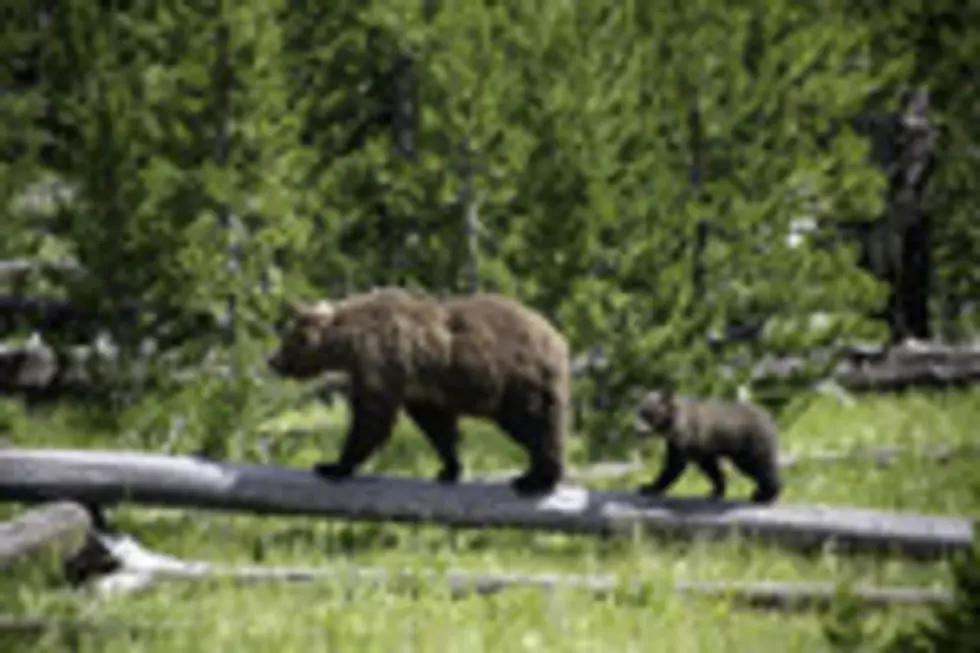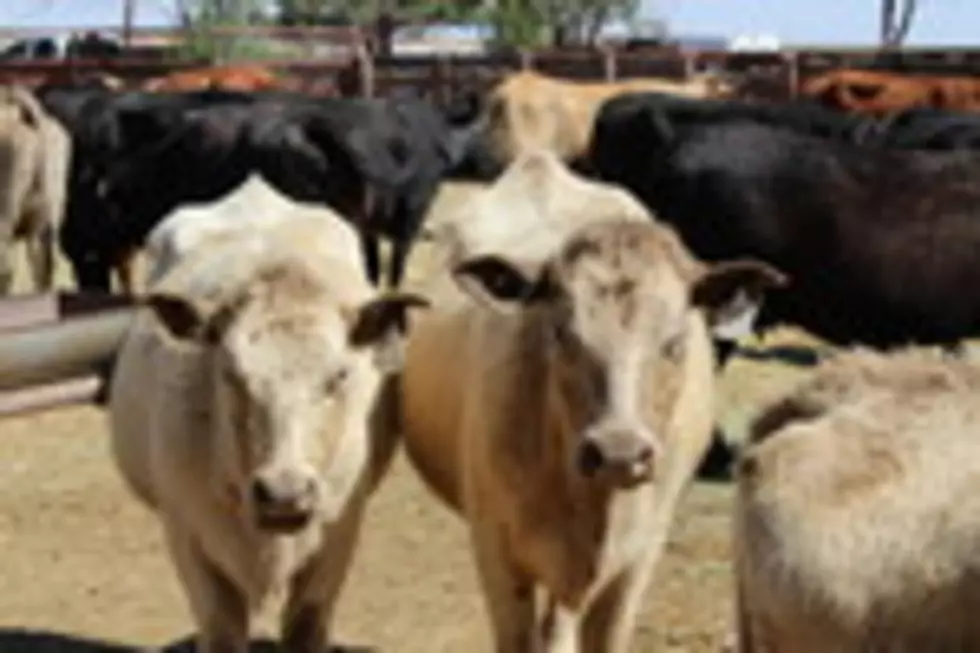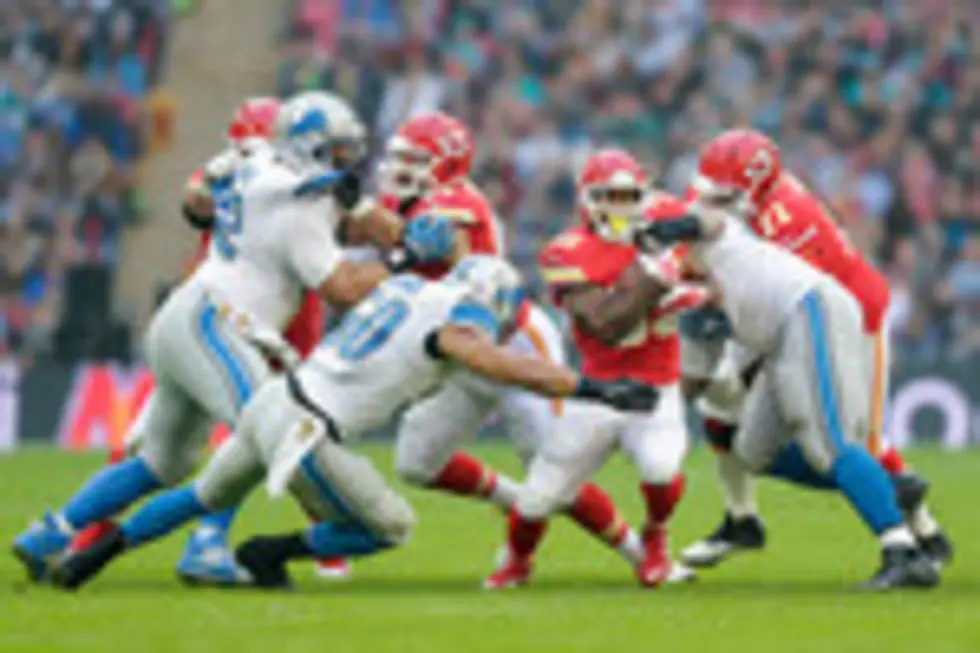
Walter Schweitzer, President of Montana Farmers Union visits Norway
Walter Schweitzer, President of Montana Farmers Union recently returned from a trip to Norway. One of the goals for Walter is to learn as much about local agriculture as possible. Walter talked to KMON about what he saw in Norway and this is the full interview:
Walter: Howdy.
Randy: Good Morning Walter. You've been a traveling man. Jumped over the pond and then you spent a little time in DC. I'd love to talk about agriculture and the differences you saw and the things that maybe we ought to implement here.
Walter: It was a lot. I mean the main thing Randy was, and I've been to a lot of countries around and of course agriculture is why, the thing that I saw the most apparent in Norway, that's different than just about everywhere else is how much farmer direct to consumer opportunities they have. The cooperative model really originated in Norway and the largest grocery store in Norway is a cooperative and the dairy products that you buy in that grocery store are cooperatives. But more importantly it's every little town. They have a cooperatively owned grocery store and they have little café restaurants that are owned by several farmers who are selling their products direct to consumers. And they're able to do this with the average size of a farm in Norway is 50 acres.
Randy: Our regulation makes it so tough to sell directly to a restaurant here in the United States. Grocery stores, everything has to be inspected and taxed and touched and regulated. How do they handle that over there? Did you talk to anybody?
Walter: Well, the main reason for what you just described is, I believe is corporate protectionism. So those programs that you described eliminates the small farmers opportunity because only the corporations can get there. And so, the thing about Norway is they don't have corporate monopolies. You don't have the JBS's of the world. You don't have Cargill and ADM and Sysco and US foods. They don't exist because most of these food safety regs that you just brought up I think were implemented as protectionist rules for the corporate monopolies to prevent competition.
Randy: The other side is going to say well, we have E. Coli breakouts we have Listeria breakouts. How do we protect people from that?
Walter: Well but the thing is, and we do. There's no question about it in the system we have. But if I had the choice between eating hamburger that was processed in a packing plant where they've mixed meat from 6000 head that day or buying hamburger from a packing plant that may my first choice would always be and yet our protectionist rules have been set up so that they claim to have safer food coming out of these packing plants that do 6000 had a day. But their inspectors only see a portion of what's being processed. Whereas the inspectors, as you know Randy in these small plants they see every piece of meat that's being processed. So, you know these protectionist rules that were really put in, I think designed to put packing plants like Mickey's out of business and consolidate into these, supposedly in the guise of more efficiency, when really it’s impacted our resilience more than anything, I was impressed to beat hell out of what they have going on in Norway.
Randy: This is fascinating to me. I've been in Europe. I toured a packing house in Germany, lived on a dairy farm in Germany for a few days. And so, I know exactly what you're saying. What kind of supply or distribution, I guess, is everything within 10 miles of where it's produced? Is it within 50 miles of where it’s produced?
Walter: First off, Norway only 3% of Norway is considered arable land, and of that 3%, half of it is cultivated forests. So, they don't have a whole lot of acres to produce the food they need. And so, they still import a lot of what they need to eat. But what they're importing are things like fruits and warm season vegetables, but all the cool season crops and lamb and beef and pork and, of course, seafood. They export a lot of seafood. They're self-sufficient in a lot of cases, the food that you're eating in a restaurant or in a roadside diner was probably raised within ten to 15 miles of that restaurant. And we were driving along, and we saw this little sign for a little goat dairy market. And so, we swung in there to see what they had. And their grocery store, if you will, for that dairy was probably about 10ft by 10ft. And inside it, it was their cheeses, their butters, desserts, all kinds of things they made on the dairy itself. And then you go upstairs, and they had a little sandwich shop upstairs, and in that sandwich shop on one side, they had these floor to ceiling windows that you could look out and watch them milk the goats. You could watch goats playing over in this pin, and then you could look through this other one and see where they're making the cheese. I mean, it really brings the consumer to the farm and see where their food comes from.
Randy: I'm going to ask you a question. You may not have an answer, but I'm going to get your opinion on it. Have we become such a nervous Nelly in the country over safety that we've actually weakened the immune systems of our people? What are your thoughts?
Walter: Well, you know, I'm a farmer, not a nutritionist, and so I would give you an answer. But I do think that a lot of the food safety rules that we have in place aren't necessarily science based, but more economic based as protectionism for the large corporations, I think we would be better served to go back to a more locally produced and growing and raised that is, processed locally to be eaten in their own communities. It would be a healthier diet and less risk for such large. The amount of meat that's being recalled every day from these packing plants that are processing 4,000- 6,000 head a day. And a lot of those recalls, Randy, are a result because of sick or died. Not preventative recalls, but reactive recalls. So, I don't think our food is safer to eat than it was when we were growing it and processing it locally at all. Don't think so.
Randy: Growing up, drinking well water, eating the eggs that came from the barn 100 yards from the house, drinking the milk from the cows that were down in the barn. I don't remember having colds. My kids growing up, it seems like, jeez, we got either an ear infection or cold or a running nose all the time. I don't remember that as a kid. And I don't remember any of my classmates or when the weather changed in the fall. Yes, you might catch a cold because of your body switching over and catching a virus, but, boy, it wasn't a year round thing like it is anymore.
Walter: I think that it creates healthier communities, not only in physical health, mental health, but in a community that is stronger and more able to survive the long term. This whole concentrating our agricultural industry into the hands of a few in a few regions of our nation really just killed our rural communities.
Randy: All the way back to CRP, when farmers quit farming and implement dealers no longer had anybody to sell, they started moving out of small communities. Then your grocery stores left, and then we're down to one church and two bars in every small town, and that's about it.
Walter: Yeah. And that CRP was a result of a cheap food policy that was all about getting big or get out. The response to that, because we were over commodities and farmers were going broke trying to do that was to take food out of production, which it made no sense when that got implemented in the 80s because there was still a lot of hungry people around the world. We need to get back to being able to feed ourselves. I think you and I had this conversation two years ago, right after Covid hit, that Montana brags about how we feed the world. And we really do. I mean, a lot of the crops that we raise and the cattle we raise to all over the world, but we found out that we were struggling to feed ourselves, and we really need to get back to our roots, where, as you pointed out, where we had our own chickens that's resiliency, that's where you're not dependent on your grocery store for your food.
Walter and the Montana Farmers Union have pushed against corporate monopolies for many years. KMON will continue to visit with Walter about topics that are important to agriculture.
More From KMON Country 560 AM









